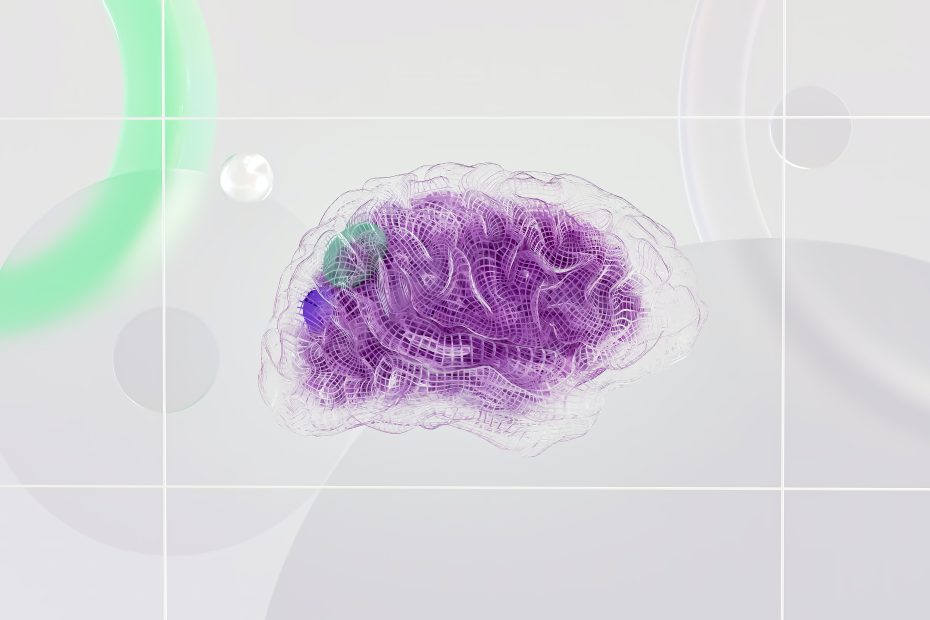Using laboratory models, scientists discovered that ingesting FDA-approved levels of saccharin, ACE-K, and stevia early in life may result in many changes to the body, including brain areas linked to memory and reward-motivated behaviour.
Early-life high-sugar diets have been linked to impaired brain function, but what about low-calorie sugar substitutes? According to recent research, they could have a negative impact on the developing gut and brain.
Study Results
Researchers from the University of Southern California Dornsife College of Letters, Arts, and Sciences report that adolescents who consumed the low-calorie sweeteners saccharin, ACE-K, and stevia showed long-term memory impairments in a study that was recently published in the journal JCI Insight.
- The results are consistent with other studies that demonstrated sustained memory impairment in adolescent rats who consume sugar.
- Consuming low-calorie sweeteners also affected metabolic signaling in the body, which can lead to diabetes and other metabolism-related diseases.
- Rats that ate low-calorie sweeteners as adolescents were less inclined to work for sugar as adults, but they ate more sugar if it was readily accessible, which is another factor that may influence the chance of developing metabolic disease.
Why It Matters
“While our findings do not necessarily indicate that someone should not consume low-calorie sweeteners in general, they do highlight that habitual low-calorie sweetener consumption during early life may have unintended, long-lasting impacts,” said Scott Kanoski, associate professor of biological sciences at USC Dornsife.
What It Means for Humans
While most studies of low-calorie sweeteners focus on one substance and use amounts far exceeding the norm, the researchers made sure the study was in line with real-life conditions for people.
- Sweeteners tested include saccharin, acesulfame potassium (ACE-K) and stevia — which are commonly used in sweetened foods.
- The amount of sweetener consumed fell within FDA-approved guidelines for humans.
“Research using rodent models and low-calorie sweeteners has typically involved consumption levels that far exceed the FDA ‘acceptable daily intake’ (ADI) levels and used only a single sweetener. To design our research to be more applicable to humans, we kept consumption levels within the ADI and used multiple low-calorie sweeteners to determine if effects were specific to a given sweetener or general across sweeteners.” — Lindsey Schier, Gabilan Assistant Professor of Biological Sciences at USC Dornsife.
Research Methodology
Rats were provided water sweetened with either stevia, ACE-K or saccharin or plain water, along with their normal food.
After a month, the rats’ memory was tested using two different methods — one tests if they remember an object they’ve seen before and the other is a maze.
In the end, rats consuming sweetener were less likely to remember an object or the path through the maze than those that drank only plain water.
Other Findings
The scientists also found other effects among the rats after they consumed sweeteners.
- They had fewer receptors on their tongues that detect sweet taste.
- The biological mechanism in their intestines that transports glucose into the blood was altered.
- Their brains had changed, specifically in regions associated with memory control and reward-motivated behaviour.
In Summary
Kanoski and Schier say the findings reveal more questions worth exploring, including –
- How do sweetener substitutes cause a reduction in sweet taste receptors and how does that affect later dietary behaviour?
- What does the change in the nutrient transport in the gut mean for health?
- What biological mechanisms link sweetener consumption with the changes to the brain?
The researchers say they intend to explore ways to reverse the long-lasting effects of adolescent low-calorie sweetener consumption and to study how it influences food choices and preferences later in life.
Reference
Website – https://scitechdaily.com/horrifying-new-study-indicates-that-popular-sugar-substitutes-worsen-your-memory/

